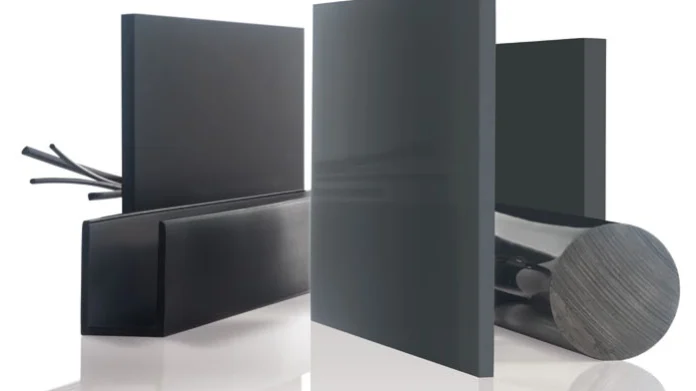Advantages of Polyethylene Boats

- Buoyancy
The density of polyethylene is from 930 to 970 kg/m3. This makes the material lighter than water. This means that it is 8 times lighter than steel and 3 times lighter than aluminum. Moreover, this means that boats made of this material will not sink when submerged in the water, even if all the compartments are completely flooded.
- Flexibility
Polyethylene is an elastic material that prevents deformation and cracking of the boat; it is very resistant to damage in a collision.
- Strength
Resistant to aging. The service life of polyethylene is estimated at least 50 years, but the characteristics prove that in reality it is much higher.
- Resistance to corrosion and the marine environment
Oxygen, salt and water do not affect the polyethylene.
- Resistance to the chemical environment
Polyethylene is highly resistant to chemically aggressive environments.
- High impact resistance
Polyethylene is strong and flexible due to its elastic properties. The boat’s rugged hull is ideal for coastal work.
- Maintainability
You can make local repairs to damaged parts quickly and easily.
- No maintenance required
Polyethylene repels and does not absorb dirt. The boat does not require the application of antifouling. This reduces the cost of maintaining the boat to a minimum.
 English
English
 Eesti
Eesti  Deutsch
Deutsch 

